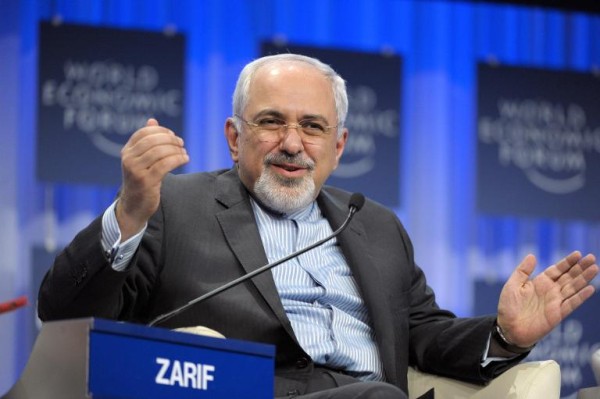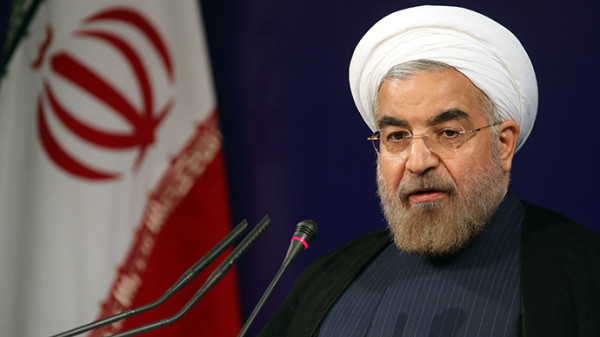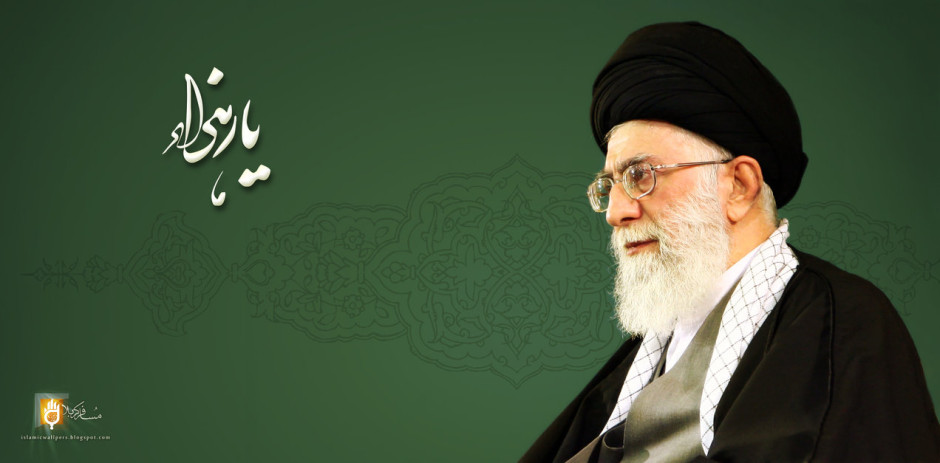The latest round of nuclear talks between Iran and the world’s six major powers — the United States, Russia, China, France, Britain and Germany — ended in Vienna on March 19 on an upbeat note.
Iranian Foreign Minister Mohammad Javad Zarif said he evinced “signs” that last November’s interim agreement could be turned into a permanent accord by the July 20 deadline.

The European Union’s foreign policy chief, Catherine Ashton, seemed to agree: “We had substantive and useful discussions …”
The next round of negotiations, she disclosed, would take place in Vienna from April 7-9.
This is encouraging news.
It goes without saying that the impasse over Iran’s nuclear program should be settled peacefully, if possible. A resort to military force would be disastrous. It would plunge the Middle East into a war whose length and outcome cannot be divined.
But no one should harbour illusions about the theocratic and reactionary regime that governs and has governed Iran since the Islamic revolution in 1979.
This is an autocratic regime that cracks down on dissent, silences, kills and imprisons opponents, displays disdain for political diversity and sneers at the sacrosanct values of human rights and the rule of law.
Iran can also be judged by its attitude toward the Holocaust.
Iran’s previous president, the clownish yet menacing Mahmoud Ahmadinejad, was a Holocaust denier, the only known head of state who constantly referred to the shoah as a “lie” or “mythical claim.”
Ahmadinejad’s successor, Hassan Rouhani, adopted a far more realistic and humane approach. Although he implicitly questioned the veracity of the Holocaust by saying he was not a historian and therefore unable to verify it absolutely, he accepted it as a fact and condemned it.

As he put it an interview with CNN last September, “I’m not a historian, but … any crime that happens in history, including the crime the Nazis created towards the Jews, is reprehensible and condemnable. Whatever crimes they committed against the Jews, we condemn.”
In the same vein, Zarif distanced Iran from Ahmadinejad’s tissue of disgusting lies, saying that the Iranian government was not in the business of Holocaust denial.
These pronouncements on the Holocaust, however imperfect, were definitely a step in the right direction, a hopeful sign that a refreshing new era in Iranian politics may have begun with Rouhani’s election as president.
But on March 21, the Iranian new year, Iran reverted to form when its supreme hard-line leader, Ali Khamenei, claimed, in true Ahmadinejad fashion, that the Holocaust is probably a myth.
“The Holocaust is an event whose reality is uncertain, and if it has happened, it’s uncertain how it has happened,” declared Khamenei, who has described Israel as “an illegitimate and bastard regime.” Aligning himself with the miserable camp of Holocaust deniers, he expressed empathy for Holocaust “doubters” and pointed out that these poor souls are harassed and arrested in “free” countries.
Khamenei’s moronic comments speak for themselves — telling us, loudly and clearly, that Iran’s leadership has yet to come to terms with a thoroughly documented historic event that no civilized nation denies. Yet in contemporary Iran, hard liners still refuse to acknowledge the Holocaust, or dance around it, which is shocking.

Iran’s threats to destroy Israel are just as deplorable.
Not a single Arab leader today openly calls for Israel’s destruction, yet Iran is obsessively focused on wiping Israel off the map.
Iran’s visceral hostility toward Israel is belied by Zarif, the voice of reason in the Iranian government. Last month, he suggested that Iran might consider recognizing Israel should the Israeli government sign a peace agreement with the Palestinian Authority. “After the problem with the Palestinians is resolved, the conditions that will enable recognition of the state of Israel will be established,” he said.
Unfortunately, Zarif’s views are not representative of the Iranian regime. Iran continues to demonize Israel, and senior Iranian officials, from Khamenei on down, are committed to Israel’s destruction and say so openly and often. In this spirit, Iran supports regional surrogates like Hezbollah and Islamic Jihad, both of which seek to destroy Israel.
In February, Iranian state television broadcast an animated film, The Nightmare of Vultures, in which Israel is pummelled by Iranian missiles. Tellingly enough, the film opens with the word “Holocaust” appearing on the screen, and is followed by sequences in which Iranian drones and ballistic missiles bomb Tel Aviv, Haifa, Ben-Gurion Airport and the Dimona nuclear reactor in a hypothethical retaliation for a joint American and Israeli strike on Iran’s nuclear facilities.
Beyond rhetoric, Iran supplies its allies with advanced weapons. In early March, the Israeli navy intercepted the Klos-C, a Panamanian ship bound for the Gaza Strip, which has been fully controlled by Hamas since 2007. Intercepted in international waters 1,600 kilometres from the Israeli Red Sea port of Eilat, the vessel was carrying Iranian-manufactured long-range rockets intended for Islamic Jihad, which recently fired a barrage of some 100 rockets into Israel.
Following the seizure of the Klos-C, Israeli Prime Minister Benjamin Netanyahu declared, “This is the true Iran, and this state cannot possess nuclear weapons.”

Netanyahu is right about Iran. Tehran’s intentions toward Israel are, in a word, malevolent. Iran, too, cannot be permitted to acquire a nuclear arsenal. A nuclear-armed Iran would embolden Iranian radicals who dream of building an Iranian empire in the Middle East, tempt Israel or the United States to attack Iran, touch off a nuclear arms race in the Middle East and destabilize the region.
One can only hope that the current talks on Iran’s nuclear program will succeed. If they fail, darkness will descend on the Middle East, swallowing everyone in its jaws.
